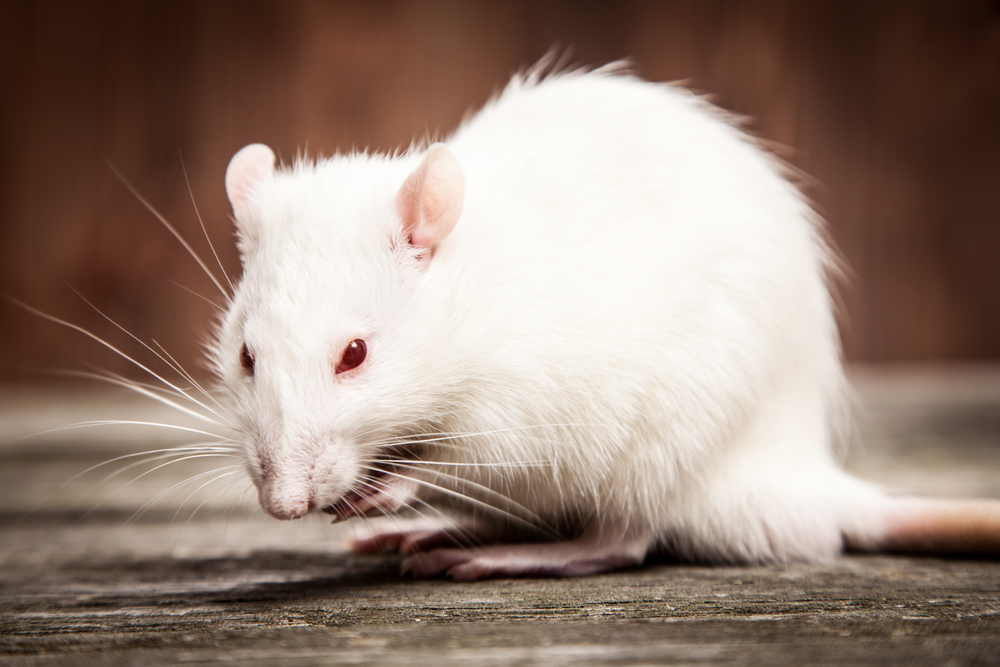People are not the only ones trying to avoid the cold this season. Winter temperatures invite unwanted visitors seeking refuge to build nests and find shelter. Plus, your home becomes the ultimate destination if rodents find any sign of a food source.
Mice, and some types of squirrels, do not hibernate in the winter. Instead, they are on the prowl for a sheltered place to hunker down when it’s cold. Attics are an ideal location because they are often undisturbed spaces with limited human activity. There are several ways to limit their access to you home, and prevent future invasion of the costly inhabitants.
Anticipate Entry Points
Rodents will look for any opening to make their way inside, and it is usually not so obvious to the human eye. Remember that rodents can squeeze through openings far smaller than their full body size. Seal up any potential entryways using materials that mice cannot easily chew. Also, keep doors for garages, pets, and entry closed.
Inspect Potential Hiding Spots – Often
Rodents like warmth, especially if there are materials available to build nests. If there is an area of your home that you rarely wonder into, that is most likely the space they will set up shop. It’s helpful to check attics more often than when you need to store seasonal items.
NOTE: If you find droppings in an area, rodents have likely made a home in that location, and they often will stick around until something forces them out. It’s time to call a professional.
Tidy Spaces Reduce Appeal for Furry Guests
Any type of food source will keep rodents coming back. So, if you accidentally tucked away some sort of snack into a moving box or if your kids leave a trail of their meals, mice will detect it. Good sanitation is key to deterring them. If they can’t find food, they won’t want to stick around. For example, keep cereal and bread in sealed plastic containers because mice can smell through the store-bought packaging.
Set Traps
As part of a mouse-proofing plan, setup traps near likely entry/exit points and in other areas that may be appealing to rodents – attics, unused closets, pantries, and garages. Simple ones like snap-wooden traps are effective and limit mess. This is especially useful in fall and winter months to prevent pests from causing damage in your home. Mice are known for biting wires, chewing belongings, and leaving droppings in places accessible to your children.
Inspecting your home for pests should be regular habit because rodents can create unexpected costs and headaches. If there is a space in your home that you rarely think about, like the attic, mark your calendar to visually inspect it one a month, or at least at the changing of the seasons. That’s a “to-do” item on your checklist that will bring you peace of mind all year.


Recent Comments